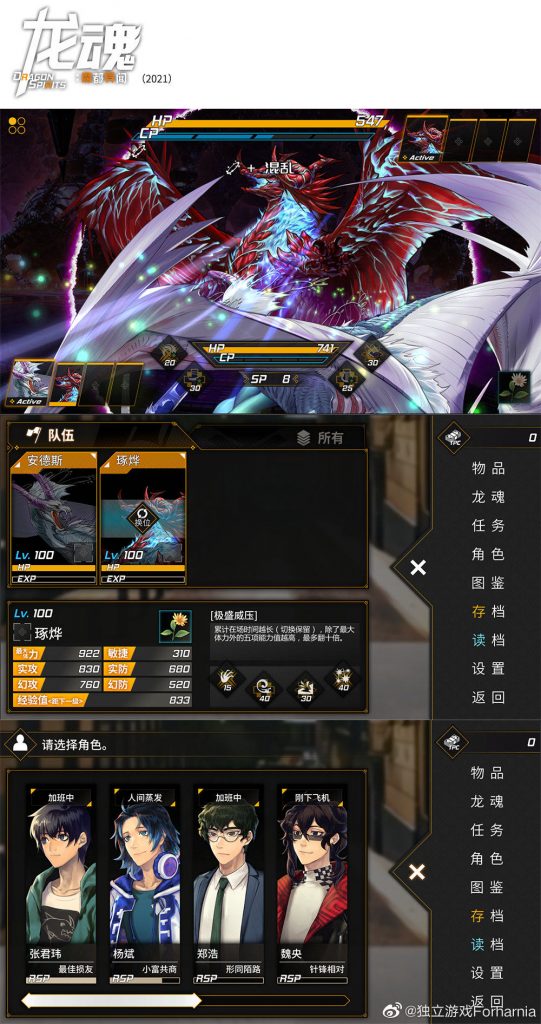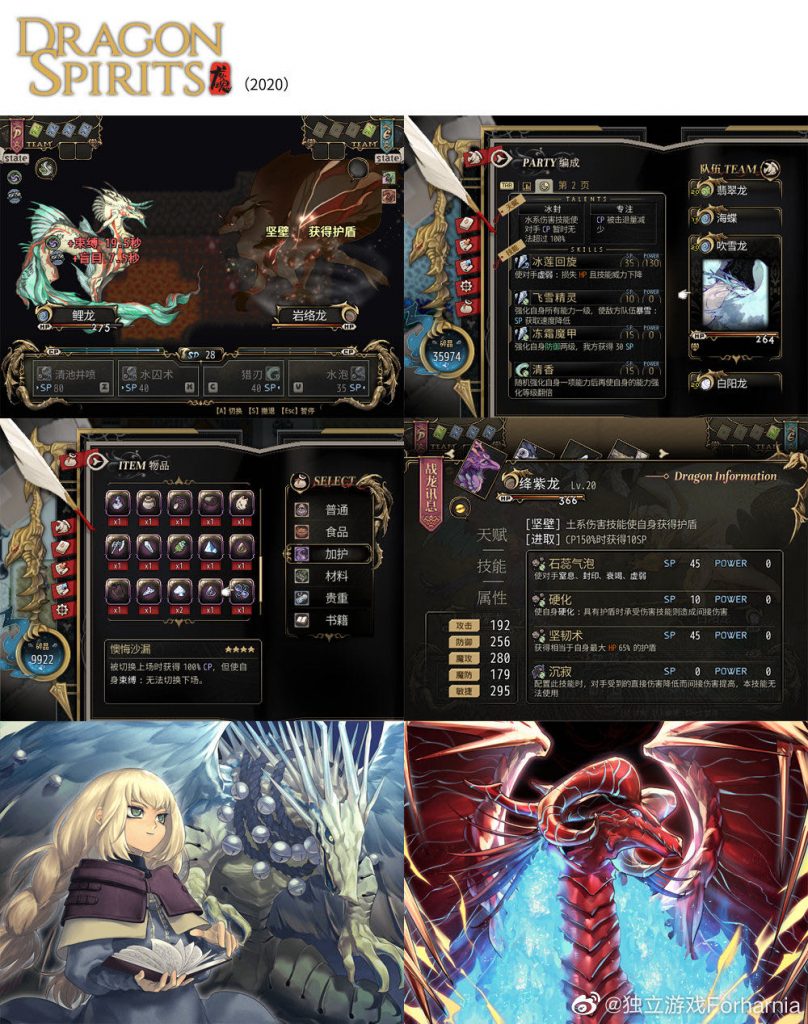An independent game developer refers to individuals or small teams who create games independently, without relying on large game companies. These developers are responsible for every aspect of the game, from design and programming to art creation. The reason I chose independent game development over becoming an independent filmmaker or animator is due to the differences in the production processes. Animation is a highly collaborative field, and creating an animated project solo is not only time-consuming but also requires significant financial investment. This makes the cost of personal animation production too high. In contrast, the cost of game development is more manageable, especially for smaller indie games, where proper planning and resource management can allow for completion within a limited time and budget. This makes independent game development a more feasible and appealing option for me.
I interviewed a Chinese independent game developer, FHNBHJ, who shared insights into the state of indie game development in China. He explained the challenges of choosing game engines, art assets, and handling administrative tasks like social security, taxes, and working with publishers. I was particularly curious about the sales and income of indie games, and the answer was surprising. He told me the median income for indie games on Steam is around $800. While top developers can earn substantial amounts, most indie developers earn little, and many games don’t gain much visibility. Despite this, he mentioned that sales tend to decline slowly over time, allowing many developers to rely on a few average games to meet basic living expenses. Regarding work intensity, FHNBHJ noted that he typically works 2 to 3 hours per day, but this is possible because he already has several published games.
From the interview, I gained a clearer understanding of independent game development. FHNBHJ repeatedly emphasized that it is more crucial to avoid making games too slowly than to make games poorly. The initial launch traffic of a new game is vital for its success. For independent developers seeking to make a living, he advised not to worry too much about market competition, and that creating games they enjoy is much more meaningful than abandoning a project midway. He also specifically warned me that while the barriers to entry for independent game development are relatively low, certain types of games—such as 2D side-scrolling platformers—should be avoided, as the market is already flooded with similar games and competition is fierce. Therefore, when selecting a game project, it is important to consider both the market demand and one’s own strengths.
In conclusion, independent game development is a great hobby for me, but not something I would pursue full-time at this stage. I do plan to create my own indie game after graduation, dedicating more time and effort to it, and potentially exploring it as a future career.
Games made by FHNBHJ:

